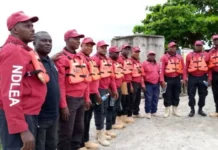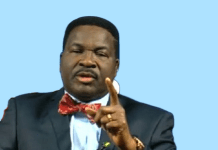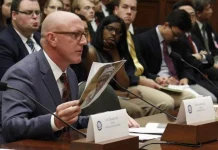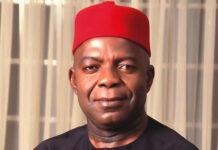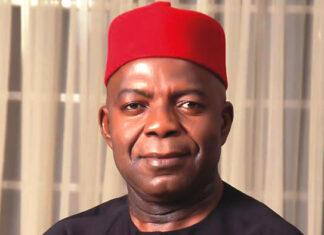By Joy Onuorah
At a recent FutureMap Academy workshop in Jigawa State, the Director General of NITDA, Kashifu Inuwa, shared a powerful message: “States should tap into their unique strengths to unlock economic prosperity.”
The workshop, themed “AI for Office Productivity, Design Thinking, Agriculture, Health, Energy, and Climate Change,” brought together students, professionals, startups, government officials, and NGOs.
Kashifu highlighted a key asset Jigawa has; its large pool of computer science graduates.
With the right tools, these young talents can create big changes in the state’s economy.
Sharing his personal journey into tech, Kashifu explained how mentors shaped his career and encouraged others to do the same.
He also stressed the importance of preparing young Nigerians for remote work opportunities, showing examples of individuals who’ve transitioned to well-paying international roles.
Why Technology Matters
Technology isn’t just about gadgets; it’s about transforming lives.
Kashifu explained how tools like AI can make services like land registrations or birth certificates faster and easier, cutting down on bureaucracy.
He encouraged everyone to start small, make small changes in your daily work and inspire others to do the same.
Collaboration Is Key
The workshop also featured a goodwill message from Huawei, where Dr. Nihinlola Mary Fafore pledged the company’s support for Nigeria’s digital transformation.
She emphasized bridging the digital divide, especially in northern states like Jigawa, to empower more communities with digital skills.
Dr. Rislan Abdulazeez Kanya, the Governor’s ICT Adviser, spoke about the untapped potential in Jigawa’s workforce.
He pointed out how strategic policies can drive innovation and make Jigawa a hub for tech development.
The Takeaway
The workshop, hosted by FutureMap Foundation, wasn’t just about ideas; it was about action.
From training programs to partnerships with NITDA and private companies like Huawei, the focus is clear: equip people with practical tech skills to build a better future.
In Kashifu’s words, “It starts with each of us.” Whether it’s integrating AI, driving remote work, or improving local services, small steps can lead to massive change.




